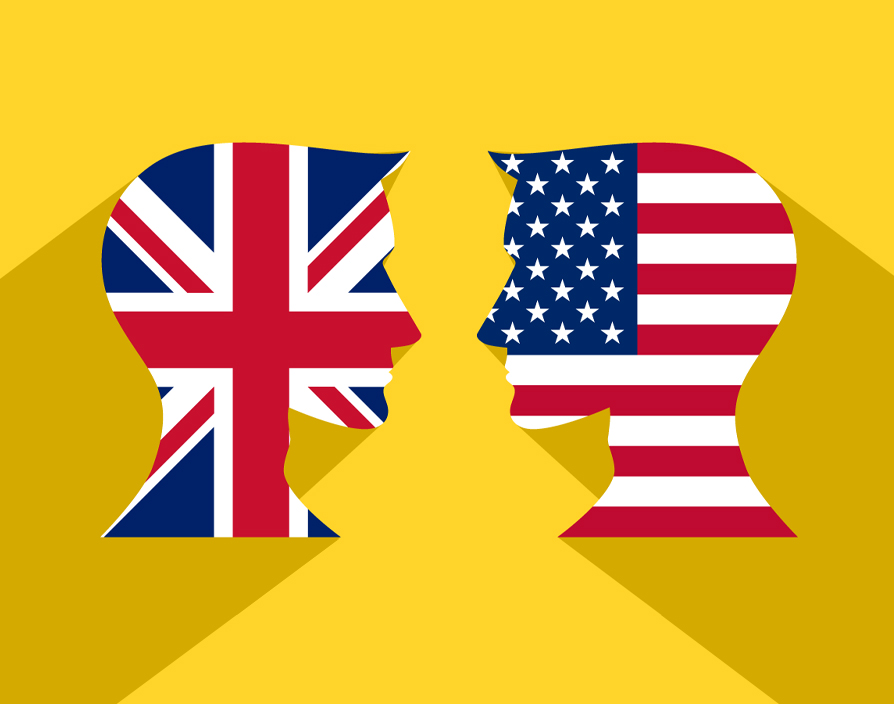Brand Britain enjoys a sterling reputation globally for its quality and craftsmanship. Leveraging this heritage can help British companies stand out in new markets, especially the USA, which recent research from Santander shows is the top destination for 35% of UK firms eyeing international expansion.
However, British companies must brace themselves for a markedly different consumer landscape to succeed in the Land of Opportunity.
British customer service differs from American expectations. This difference can lead to friction and potential loss of customers. Research also shows it’s cheaper to retain a current customer than to acquire a new one, and 37% of consumers stop buying from a company due to poor customer service (PwC Customer Loyalty Survey 2022).
So, it pays to get it right.
The phrase “the customer is always right” is ingrained in American service culture. This ethos is infused in just about every customer-to-brand interaction. As an American expat in the UK and through my professional experience as a global brand and marketing strategist, here are my observations and recommendations to British brands as they enter the States:
Proactive problem-solving
Fresh out of college (university), I auditioned to play a Disney character role at its park in Orlando. Part of my interview was finding polite and diplomatic ways to say ‘no’ to a guest without actually ever uttering the word. This exemplifies America’s service-oriented customer experience – the computer doesn’t say no. If it does, a lot of effort will have gone into finding solutions first. Train your customer service staff to be customer centric and proactively identify and resolve issues. Empower them to and find solutions promptly.
Partnership mindset
US customers view their relationship with businesses as mutually beneficial, rather than a transactional service with the business in control. They have high standards on the products and services they receive, and if they’re not up to scratch they’ll let you know. Customers expect to be listened to and their needs acted on. This can be a shock as British consumers tend to be embarrassed by ‘complaining’ and don’t speak up in the same way. British brands need to understand this difference in mentality and respond in a solutions oriented way.
Time is money
American consumers expect quick and efficient responses. Delays or slow service can lead to dissatisfaction and loss of business. For instance, it’s common for restaurant servers to bring the check (bill) promptly after a meal but reassure the customer to take their time. In Britain, this seems rude. In America, it’s considered bad service to have to ask for the bill. Ensure your service processes are efficient and timely, while training staff to balance speed with attentiveness.
Return policies tend to be more flexible.
While the UK generally has a standard 28-day return policy, US retailers often extend this period and are more willing to be flexible even after the limit, such as giving store credit. Implement flexible return and exchange policies. Train staff to handle returns with a customer-centric flexible approach,
Choices
The length of menu options at an American Starbucks might be a source of satire (see You’ve Got Mail), however it points to the deeply ingrained expectation of choice in America. One linchpin in the debate about publicly funding health care is that Americans are worried it would take away their freedom to choose the doctors they want to work with. Consumers appreciate when businesses recognise their individual needs and preferences, and tailor their services accordingly with a range of options. Use customer data to personalise interactions and offers. Train your staff to recognise and cater to individual customer preferences.
Friendly and enthusiastic service delivered with megawatt smiles
What might seem over-the-top and disingenuous to British customers is standard in the US, where a positive demeanour is expected. Walmart is famous for its door greeters – employees are stationed at the entrance whose job is to greet customers with a smile and offer of assistance, a practice championed by the founder. Foster a culture of friendliness and enthusiasm among your staff. Implement practices that make customers feel welcome and valued from the moment they interact with your brand.
By tailoring the customer experience approach to meet American expectations, British companies can leverage their renowned heritage while delivering a truly exceptional customer experience that will help grow their brand in America.
Share via:










































